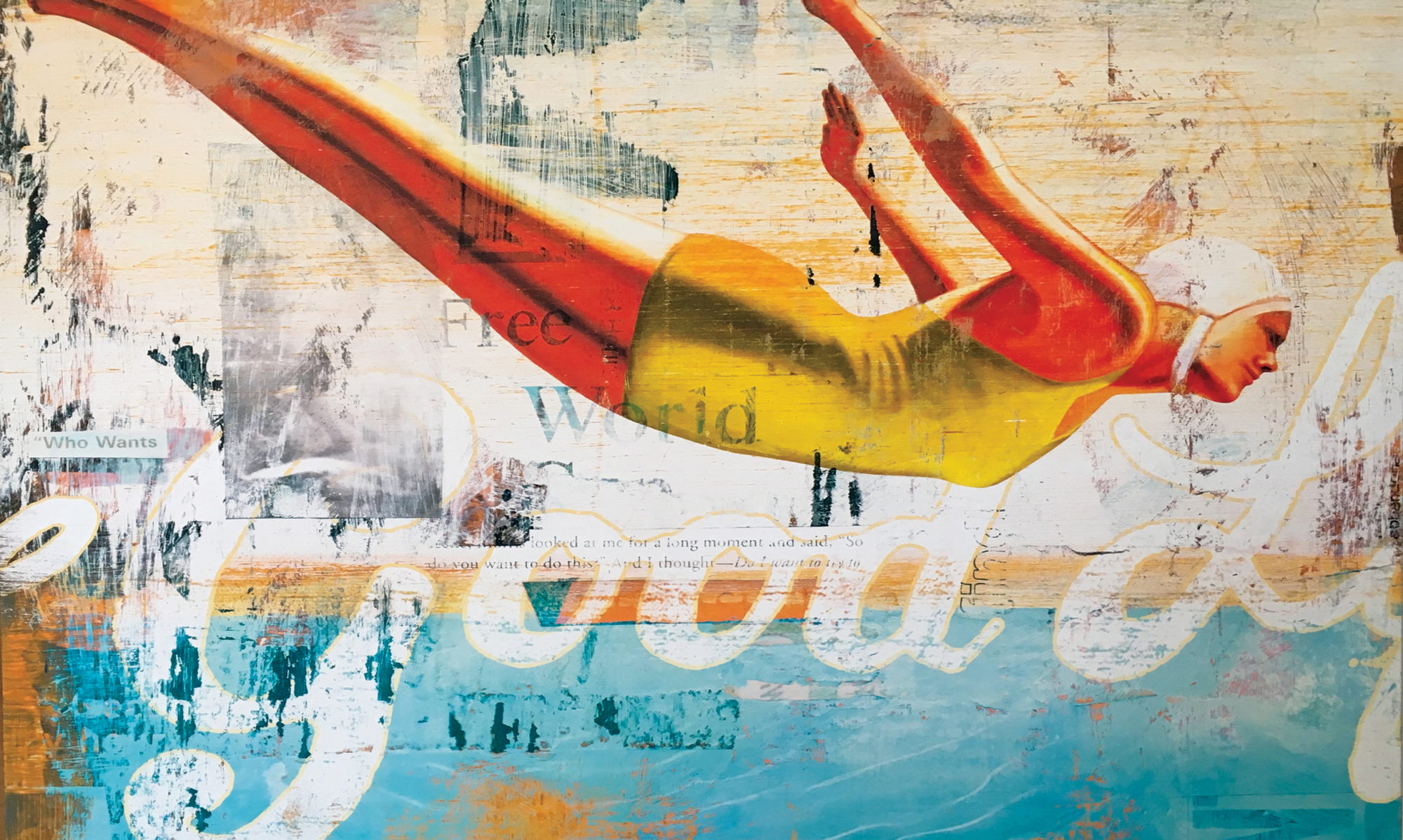How technology and ignorance have shaped a new era of “truth decay”

In the highly acclaimed 1976 film Network, fictional veteran news anchor Howard Beale delivers an infamous speech in which he savagely commands viewers to “get up right now, and go to the window, open it, and stick your head out and yell, I’m as mad as hell, and I’m not gonna take this anymore!” His crazed rant about a world gone mad under corporate totalitarianism is, without a doubt, as relevant today as it was four decades ago.
We know things are bad. Worse than bad. We are in the midst of a manufactured global pandemic and race war in the U.S., walking blindly into the unknown. But rather than sticking our heads out the window to be heard, we now have the ability to express ourselves and reach millions—without getting up and out of our chairs. Depending on one’s perspective, that convenience could be a curse or a blessing given the current controls sweeping the country and most of the world.
It is undeniable that advancing technology and a burgeoning global network of interconnected mobile devices has drastically changed the way we digest, discern, share and respond to news. In a poll conducted among a national sample of 2200 adults by the Hollywood Reporter between March 12-March 15, 2020, half the individuals surveyed said they trusted experts such as the Centers for Disease Control and Prevention (CDC) and the World Health Organization over news outlets.
In a recent National Public Radio (NPR) poll, only 37 percent of Americans surveyed said they had a good amount or a great deal of trust in what they’re hearing from President Trump, while 60 percent expressed not much or no trust in what he’s saying. In a Pew Research Center survey conducted between March 10-16, most respondents think media outlets have exaggerated the risks, with about half saying they believe they have seen at least some made-up news about COVID-19.
And finally, prior to COVID-19 but after the 2016 presidential election, the nonprofit think tank RAND surmised through analysis conducted between 1989 and 2017 and released in May 2019 that American journalism is suffering from ‘truth decay’—with the media becoming more biased over the last 30 years.
Strangely enough, there are no surveys in which Americans are asked if they trust their intuition, or better yet, use logic and reasoning to decide for themselves what they believe.
Maybe that is too much to ask of people in this current climate of information chaos, where finding solid ground is like trying to stand on water.
Perhaps the question is not about American journalism losing its objectivity but rather Americans losing our ability to think rationally and for ourselves.
John F. Kennedy stated, “The great enemy of the truth is very often not the lie, deliberate, contrived and dishonest, but the myth, persistent, persuasive and unrealistic.” Even as likes and comments become the norm in public discourse and engagement, social media platforms are now taking it upon themselves to patrol and remove comments and news identified as false or misleading—all in the name of truth. But whose truth?
Many brilliant minds have offered their views, from German philosopher Friedrich Nietzsche who said, “There are no facts, only interpretations,” to Indian writer and philosopher Jiddhu Krishnamurti who maintained throughout his adult life that “Truth is a pathless land.” Yet most of us still look to politicians, billionaires, spiritual leaders, Google, Twitter, Facebook, Tik Tok, LinkedIn, Siri and Alexa to feed us the answers. And it’s understandable considering our propensity for fear, our increasing dependence on the government, and technology, which in many ways has been a boon to society.
Right now, at a time we are being asked to take responsibility for ourselves, to shelter in place to prevent the spread of COVID-19 and fight the good fight against police brutality, we have a tremendous opportunity to take personal responsibility for the information we choose to digest, trust and share in this historic time.
Well before Network swept the 1977 Academy Awards, consumers of news have had the ability to voice their opinions, share their observations and express their versions of the truth. The only difference now is that we may be closer to sticking our heads in the sand than out a window.

